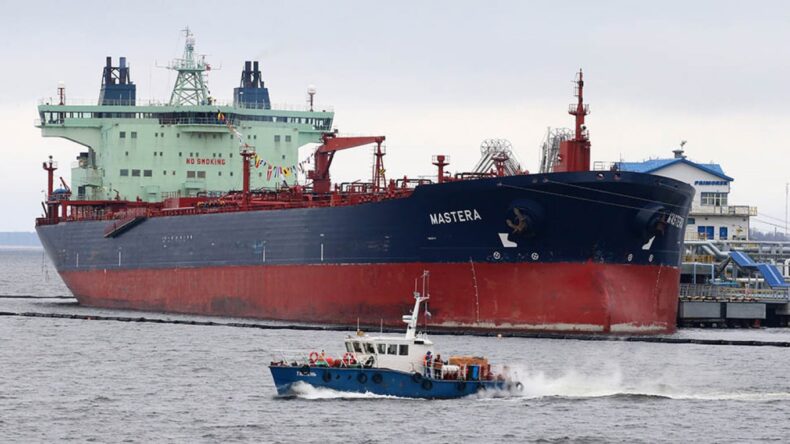Despite Western sanctions over the war in Ukraine, Russian oil continues to trade in heavy quantity with India and China. According to Reuters, in April the two countries bought most of Russia’s oil at prices above $60 a barrel. The report indicates that the Kremlin remains highly profitable despite Western efforts to isolate Russia from global trade and the financial system. According to the latest data from Refinitiv Eikon, shipments of Russian crude oil in the first half of April were mostly to ports in India and China. India accounted for more than 70% of shipping this month, while China accounted for about 20%.
The report shows that while India and China did not agree to maintain the price cap, the West hoped that the threat of sanctions would dissuade traders from helping these countries buy oil above the cap. In December 2022, the G7 countries and Australia imposed a $60 per barrel ceiling on Russian crude oil to punish Moscow for its invasion of Ukraine.

Production cuts announced by OPEC in early April also boosted the value of Russian oil globally. Shipping costs have also fallen significantly in recent weeks as ice conditions in Russian ports have eased and tanker numbers have increased.
Supporters of the cap say it will reduce Russia’s revenue and keep the oil flowing. Opponents, on the other hand, argue that forcing Russia to change its behavior in Ukraine is too easy.
Response of India
Indian Finance Minister Nirmala Sitharaman told Bloomberg on April 17 that the attempts to buy Russian oil were made at a time when world prices were rising. Russia has given India and others preferential prices. India imports almost 80% of everything that it consumes. Therefore, there is a need to constantly rethink where one can get the best prices. It is a very important input for our economy. India has a large population, so it needs to look at what prices are right for it.

India has time and again refused to speak against Russia since the war started. This has been a nuisance to many Western nations, but India stands strong. It is doing what is good for its nation and for its global stature. India will take decisions that it deems fit rather than abiding by any Western alliance.
The Reroute to the US
It has also been calculated by Wall Street Journal and Reuters that the crude oil imported from Russia is refined in some other countries (especially India) and then sold at higher prices to Western markets. This is in turn helping Russian markets and disregarding the sanctions and price cap completely. Wall street journal’s investigations show that Lukoil’s ISAB refinery in Syracuse, Sicily represents one of the most extreme examples of this loophole. The vast majority of the crude oil for this refinery comes from Russia. It’s then refined in Sicily after which it’s considered Italian, thanks to a long-standing industry practice that allows the origin of oil to change based on where it’s refined. Unlike Russia’s largest state-owned oil and gas company Rosneft, Lukoil was not sanctioned. Lukeoil still has a presence in the US and distributes oil products to 11 states. The only reason it can sell Russian oil into the US Is because it stops at the refinery in Sicily on its way here.
On 18th April G7 reiterated the $60 per barrel cap. There have been no actions or talks to stop the rerouting of Russian oil. Meanwhile, India enjoys its profits by buying for a discounted price from Russia and selling to the West for a huge profit.













